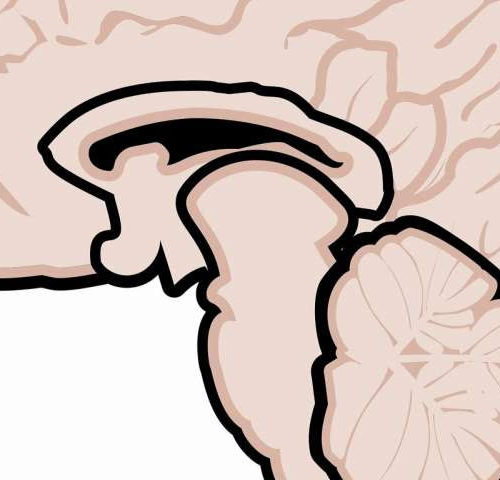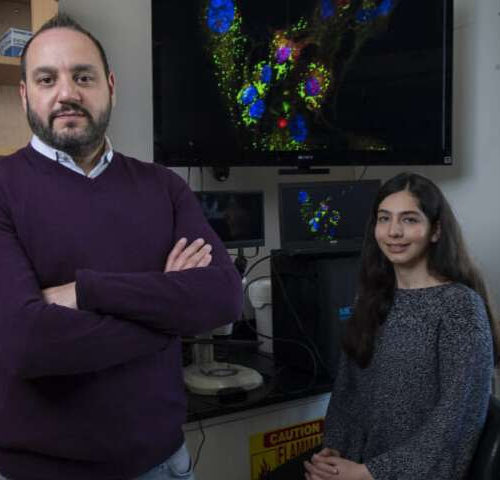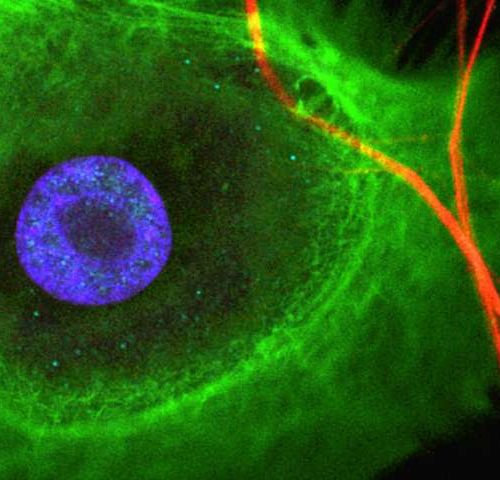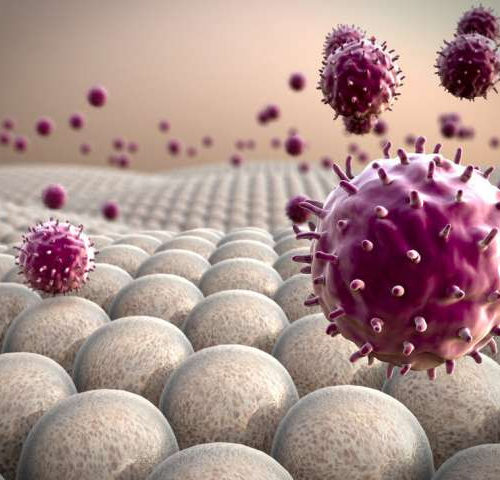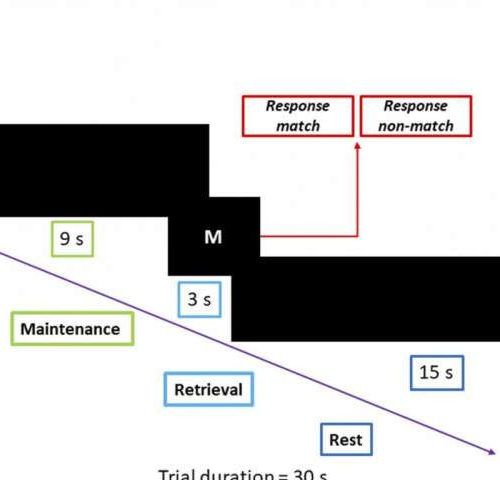Reviewed by James Ives Researchers at the University of Zurich show that different stem cell populations are innervated in distinct ways. Innervation may therefore be crucial for proper tissue regeneration. They also demonstrate that cancer stem cells likewise establish contacts with nerves. Targeting tumor innervation could thus lead to new cancer therapies. Stem cells can...
Gut bacteria may boost cancer therapy by colonizing tumors
A study in mice suggests that by infiltrating tumors and ramping up the body’s immune response, a type of gut bacteria could be a valuable ally in cancer treatment. New research suggests that Bifidobacteria could help fight off tumors. In recent years, research has shown that the communities of bacteria that live in our guts...
Researchers study drug to reduce COVID-19 complications
Canadian researchers launched a study Monday into the use of a powerful anti-inflammatory drug to reduce the risks of pulmonary complications and death related to the new coronavirus. Several COVID-19 patients have had severe complications from a surge of activated immune cells in the lungs—known as a “cytokine storm.” In a cytokine storm, the immune...
Loss of smell sense first sign of COVID-19
by Flinders University Medical experts in countries hit by COVID-19 are reporting the first tell-tale signs of the virus may be in an unexpected loss of smell. Ear, nose and throat (ENT) surgeons say loss of smell—as the virus causes swelling in the olfactory mucosa more than other viruses—could be used as a key clinical...
BLOOD TESTS COULD IMPROVE THE CORONAVIRUS FIGHT — IF THEY WORK
MANY TEAMS ARE TRYING, BUT SO FAR NO ONE’S DEVELOPED ONE. BY DAN ROBITZSKI Around the world, research teams are trying to develop a blood test for the coronavirus pandemic that might ultimately replace the nasal swabs doctors use today. The main improvement that blood testing would have over swabs, Wired reports, is that they’d...
Study sheds light on fatty acid’s role in ‘chemobrain’ and multiple sclerosis
by University of Texas M. D. Anderson Cancer Center Medical experts have always known myelin, the protective coating of nerve cells, to be metabolically inert. A study led by The University of Texas MD Anderson Cancer Center has found that myelin is surprisingly dynamic, a discovery that has implications for treatment of multiple sclerosis and...
Team demonstrates ability to supercharge cells with mitochondrial transplantation
by Brian Bell, University of California, Irvine Researchers at the University of California, Irvine have shown that they can give cells a short-term boost of energy through mitochondrial transplantation. The team’s study, published today in the Journal of the American Heart Association, suggests that mitochondrial transplantation could one day be employed to cure various cardiovascular,...
Stem cells and nerves interact in tissue regeneration and cancer progression
by University of Zurich Stem cells can generate a variety of specific tissues and are increasingly used for clinical applications such as the replacement of bone or cartilage. However, stem cells are also present in cancerous tissues and are involved in cancer progression and metastasis. Nerves are fundamental for regulating the physiological and regenerative processes...
CAR macrophages go beyond T cells to fight solid tumors
by Perelman School of Medicine at the University of Pennsylvania Chimeric antigen receptor (CAR) T cell therapy has been a game-changer for blood cancers but has faced challenges in targeting solid tumors. Now researchers from the Perelman School of Medicine at the University of Pennsylvania may have an alternative to T cell therapy that can...
Efficiency of non-invasive brain stimulation for memory improvement: Embracing the challenge
by Skolkovo Institute of Science and Technology A group of scientists from the Research Center of Neurology and Skoltech showed that human working memory can be tweaked using non-invasive magnetic stimulation of the brain. Also, they discovered that the effect of magnetic stimulation weakens as the brain works on a cognitive task under stimulation. Working...




